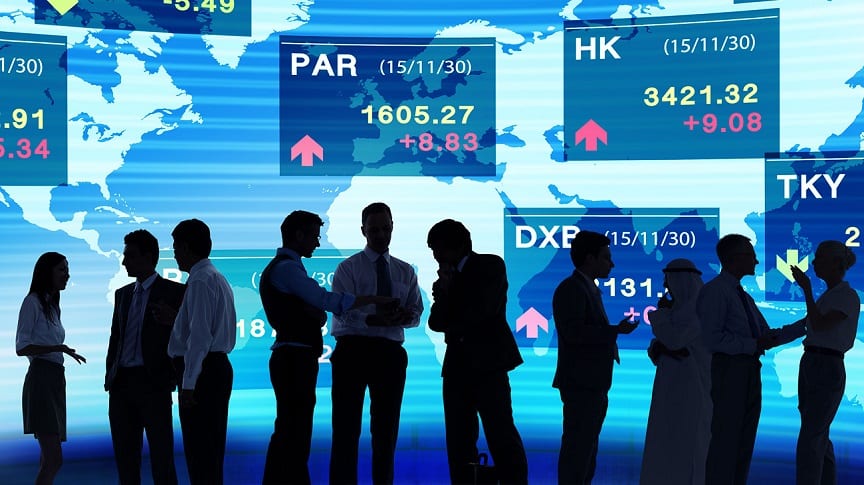This article was written by Ipek Ozkardeskaya, Senior Market Analyst at FCA regulated broker London Capital Group Holdings plc (LON:LCG).

Ipek Ozkardeskaya, LCG
Politics and trading are closely related and one cannot go without the other.
Politics are the building blocks of the economy. The political environment provides the basis for businesses to develop, economics to shape and trade relationships to build.
For most of the traders, politics is a source of risk and could be an important cause of price volatility.
Generally, risks related to politics tend to influence the market dynamics in a decent number of sectors and businesses. Given the broad-based influence of politics across several markets, political risks are generally factored in the ‘market risk’, hence influence the pricing of assets and currencies related to those risks.
Rating agencies are charged with assessing ratings to regions and countries, taking into account the quality of their debt, the viability of their assets and their level of risk. All of the above stated factors are related to politics. This is because high political risks contaminate the business environment, and have a significant influence on economic factors.
Brexit is a good example of political risks. In the dirt of visibility regarding the UK’s future within the European Union, most businesses are looking to diversify their risk, postpone their projects and investments. On the flip side of the coin, investors are reluctant to take on the risk of political complications between the UK and the EU, hence delay their investment, decide to not invest, or disinvest altogether.
Let us further home in on this. The UK’s real estate sector was heavily hit after the UK voted to leave the European Union on June 23rd. The MSCI’s UK real estate ETF immediately slumped by more than 7% following the referendum, on the possibility that the UK may become less attractive for European businesses and households. The quality of UK homes and offices hasn’t change, yet the risks of political outflow that would cause lower demand in the UK’s real estate markets has instantaneously been priced in by the market.
In the particular case of the UK, the Brexit could also damage the political relationship between the UK and the EU, its biggest trade partner. Given that the UK is already subject to a historical trade deficit, any further deterioration in the trade terms would mean that less euros would be spent to buy UK goods, hence the net demand in pound would be lower, causing a long-term, structural depreciation in the value of the pound against the euro.
Of course, the implications of politics are much larger than the examples we have cited above, and it is worth keeping in mind that politics is not always harmful. A good political environment is crucial for healthy businesses to flourish, income to be generated and businesses to develop. Yet in the context of trading, politics are usually considered as risk, given that good political decisions take time to be factored into asset values, whereas the compromising political decisions (chaos and scandals), tend to trigger quick and sizeable sell-offs in many markets and should be considered as part of a traders’ risk management strategies.
